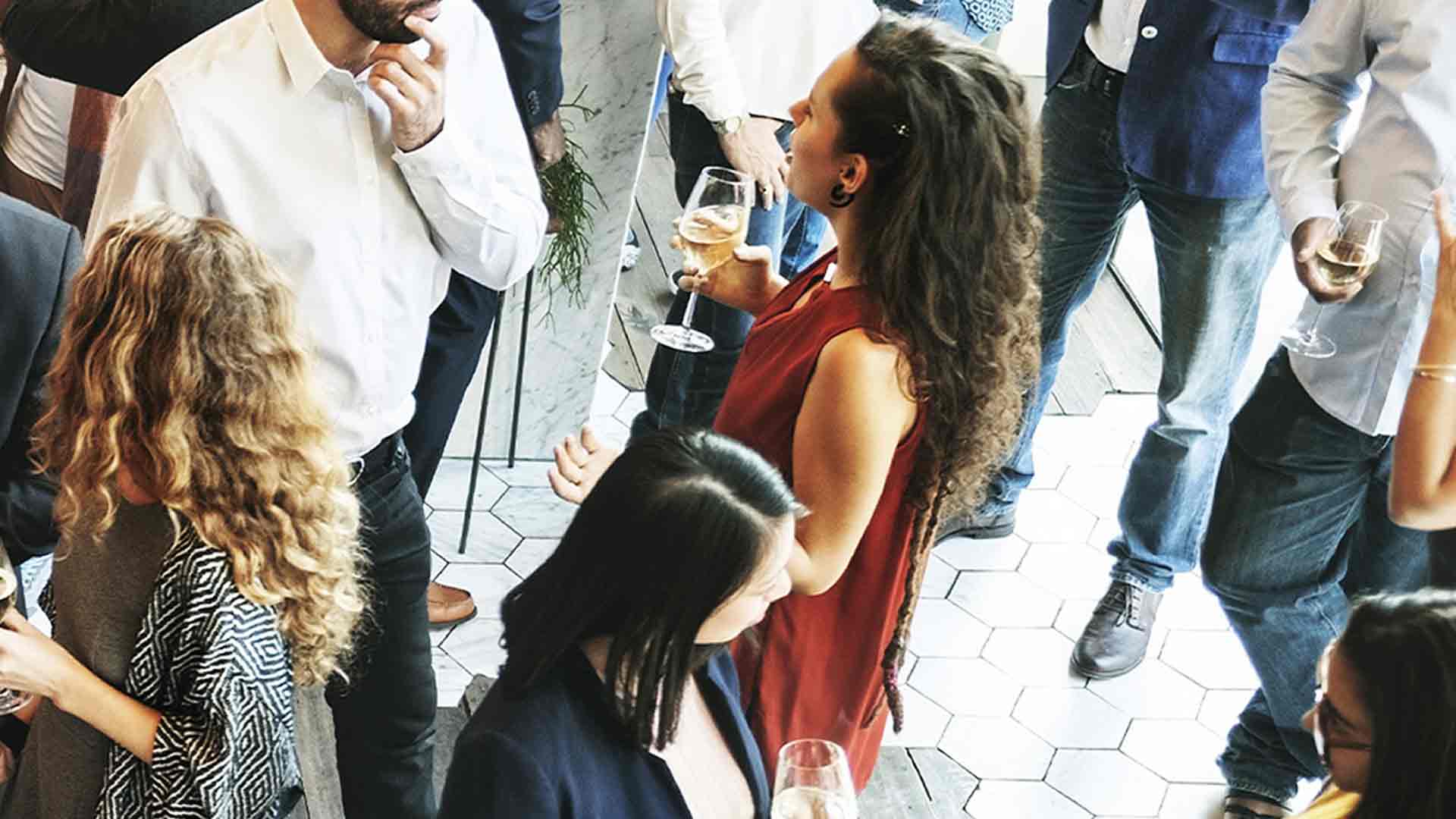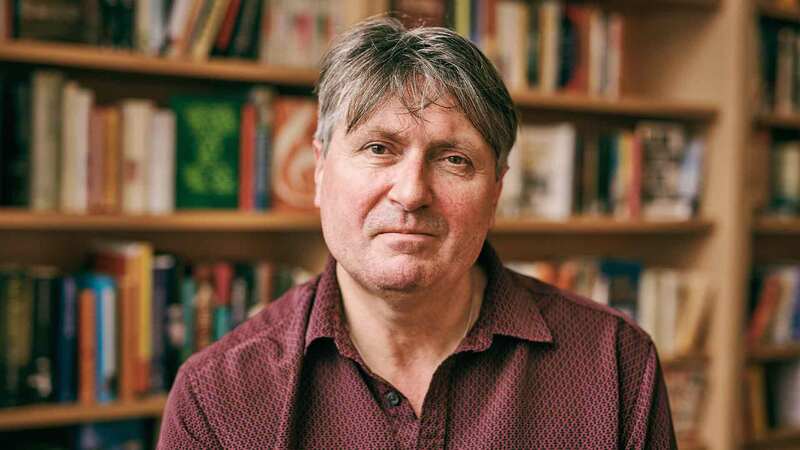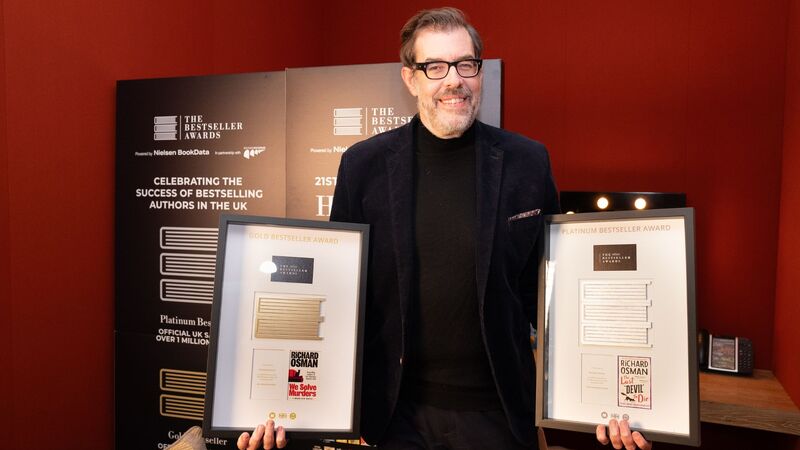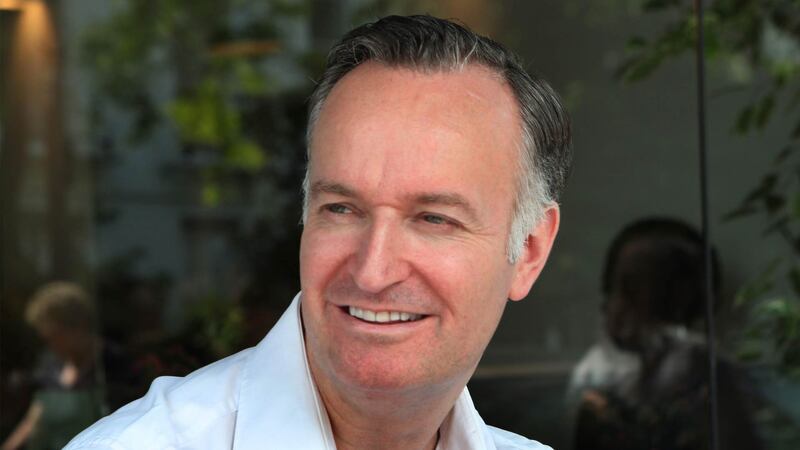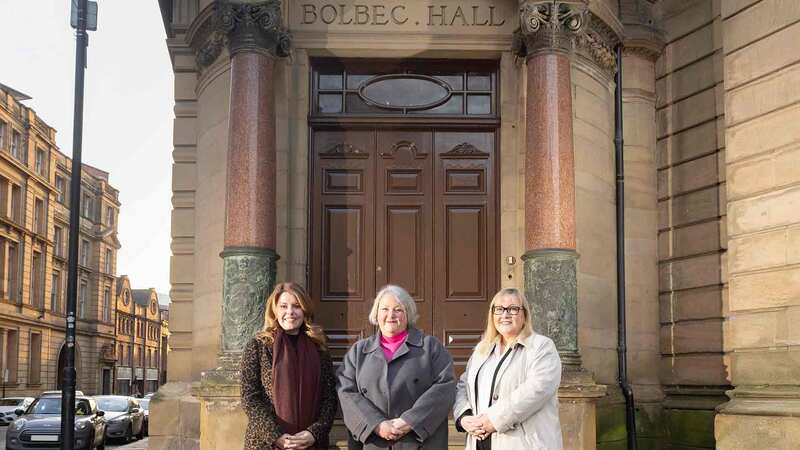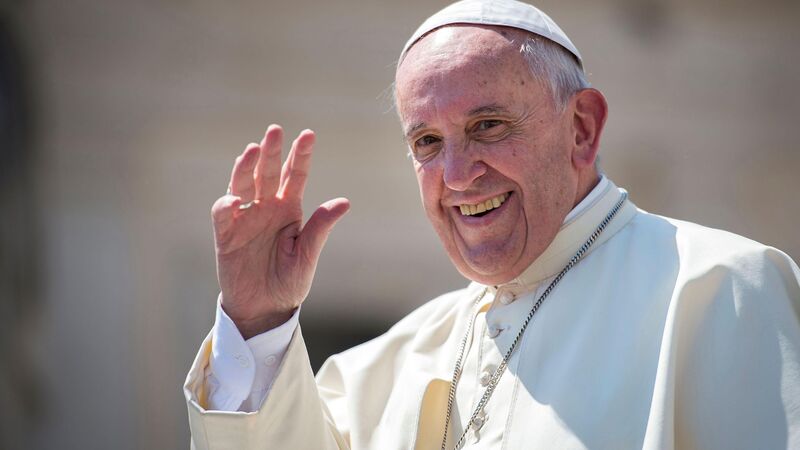You are viewing your 1 free article this month. Login to read more articles.
Full circle
I, together with others, felt there was a need for a Jewish community in publishing to come together, in a way I hadn’t felt before. This was the beginning of The Jewish Publishing Circle.
I am writing this as we approach Simchat Torah, which is the Jewish festival where we begin reading the Torah, the Hebrew bible, once again as a year’s cycle of reading is complete. It’s a moment where we celebrate the original piece of Jewish literature and literally means ‘the joy of Torah’.
This year it lies in the shadow of 7th October and the horrific atrocities committed against Israeli civilians by terrorists from Hamas which took place during Simchat Torah. Amir Tibon from Kibbutz Nir Oz, a kibbutz where a quarter of its residents were killed or kidnapped, talks about the dance show his daughters (age two and three) were rehearsing the night before the massacre. Traditionally it is a time for dancing and singing but it is also a time for re-examining what we think we know which feels particularly fitting this year.
For many Jewish people in publishing with deep connections to, and family and friends in Israel, our pain after 7th October was amplified even further as we saw publishing colleagues posting celebratory comments on social media. As Howard Jacobson put it so poignantly, ‘Politics stepped in where pity alone, at least for a while, should have spoken’ [thejc.com].
I, together with others, felt there was a need for a Jewish community in publishing to come together, in a way throughout my more than 20 years in publishing I hadn’t felt before. This was the beginning of The Jewish Publishing Circle, a pluralist group consisting of Jewish people working in publishing houses and agencies and other publishing organisations. We have heard from a range of speakers (including Rabbi Jonathan Wittenberg and Dr Dave Rich), we met for coffees, for Book fair drinks and marked Jewish moments and festivals.
Our goal is to develop connection and understanding among ourselves and with our colleagues across the industry and are keen to explore inter-faith opportunities and dialogue
As Jewish people, we are in relationship with Israel but our views differ widely and our Circle contains multiple narratives and perspectives. Our goal is to develop connection and understanding amongst ourselves and with our colleagues across the industry and we are keen to explore interfaith opportunities and dialogue. We call for the return of the 101 hostages still held by Hamas. We hope and pray for an end to the suffering and hostilities in Gaza, Lebanon and across the region. As Rabbi Wittenberg says: "we pray that a better way is urgently found than war with its unspeakable horrors, so that Israel and its Palestinian neighbours can live together in safety and peace, with life and hope for everyone."
In a practical way, we advocate for anti-Jewish racism training across the industry and urge publishers to use Jewish sensitivity readers for books where cultural sensitivities should be taken into account.
For many of the Jewish Publishing Circle, the conflict has exposed a sense of discomfort in the workplace and experiences of discrimination, some of which we are sharing below (many are remaining anonymous which I think speaks volumes).
However I have also received a great deal of support from friends and colleagues in publishing which I have appreciated enormously and which has been a source of comfort during a very difficult year. While I am saddened by calls for cultural boycotts, attempts to silence and create divisions, I know that most people in publishing welcome respectful discourse and dialogue and believe that books can build bridges that politics can cross. Moving forwards I’d like to find ways to connect more, come together as a publishing community, recognise our shared goals and common humanity and reject hatred and intolerance wherever we encounter it.
Anonymous
After October 7th 2023, I was heartened to receive messages from friends and colleagues in the industry checking in on me and my family in the wake of the horrific attacks. In the year since, I have realised that the initial outreach was fleeting and though close friends and colleagues continue to be supportive, it’s clear that the wider industry holds quite a narrow view of the Middle East conflict, aren’t open to perspectives from Jewish or Israeli voices, and aren’t willing to understand how that might impact their colleagues.
Often those voices are much louder, especially on social media, which many of us have to use for work and are therefore exposed to on a daily basis, which makes showing up to work every day in the face of this, a challenge. Personally, I have also been reckoning with a very specific part of publishing that I have found hard in the year since 7th October.
We know and recognise that there is a certain publishing ‘trend’ for books about the Holocaust and Auschwitz, which does not seem to be subsiding and these books continue to sell. But our stories and voices now, whether from hostages taken into Gaza or from survivors of the Nova festival, this trauma and these stories aren’t seen as valid or valuable.
I’m grateful to Steph and other members of the Jewish Publishing Circle for giving us a space to come together. Jewish people are a minority group in the UK, even more so in publishing, but we are not a homogeneous group. I’m grateful to have the opportunity to meet with other Jews, share our concerns and thoughts, and champion our representation within the industry, and hopefully make our voices a little bit louder so they can be heard.
Michael Leventhal, publisher, Green Bean Books
I’ve been working in publishing for almost twenty-five years and—for the first time in my life—I had the support of plainclothes security at the Bologna Book Fair. The fair organisers were tremendously helpful and appreciated that a stand promoting Jewish children’s books, and hosting a reception for Jewish authors and illustrators, could attract unwanted attention and protest. It is desperately sad that at a book fair celebrating children’s books it felt necessary to me and others, to have such security in place. Thankfully, to balance the fear and discomfort I’ve experienced since 7th October, I’ve also had a great deal of support and understanding from non-Jewish authors, illustrators and colleagues over the last year.
Anonymous
It’s been a really difficult year. On the whole, I’ve found colleagues in publishing to be supportive and sensitive, but there is a certain amount of wear and tear that arises simply because of working in the cultural industries at a time when there is a lot of conflicted discourse about something that feels so personal and painful. I have felt very disturbed and distressed by what Israeli family and friends have gone through. But as a publisher, I try to stay open to multiple perspectives and not to let my personal identity define what I’m willing to read, watch or engage with. I can also understand why so many people have felt moved to speak out on behalf of the terrible suffering of Gazans over the last year and I frequently have felt that way myself. Ultimately, it’s important that we can tolerate hearing different views and that people are not prevented from speaking freely about the things that concern them.
Lucy Abrahams, literary scout
This has been a rollercoaster of a year to be a Jew in publishing. Hearing anecdotes of shockingly anti-Semitic comments from high profile British authors, watching colleagues incite and spread vile untruths all over social media on a daily basis, repeatedly being pitched books about any Jewish subject and then told that scouts and foreign publishers have told them “that” won’t sell in the current climate—too many moments to count have taken my breath away.
This year we watched important words lose their meaning, or have it inverted, which in an industry like ours is unforgivable. More than anything it has been the silence. The silent boycott of our stories and of our history, the gaslighting, and the discomfort and lack of ally-ship from too many former friends, from some who simultaneously pitch me books, without a hint of irony, about micro-aggressions and being an anti-racist.
All that said, there has also been great kindness and sympathy, as well as a willingness to listen and ask questions from far more colleagues, and that has equally brought me to tears. There have been colleagues who have checked in regularly and who have taken the time to debate the conflict fully with me and who have been supportive, open, fair and willing to listen. Even more, there has been enormous comfort in coming together as a community and the Jewish publishing circle was truly the network I didn’t know was missing from my life. It has been a lifeline of friendship and support during this unbearable year. We have grieved together and been each other’s light when it felt very dark. Despite the fact that there’s not a single thing we can agree on, Judaism is built on the concept of questioning everything. It has been badly needed and I am immensely grateful for it.
Justine Solomons, director, Byte The Book
I was told by an author that her book was a bit too Jewish to publish at the moment. I mentioned that to a top agent and she said she was finding it hard to get a Palestinian writer published for reasons of sensitivity. I think the industry is being very small c Conservative at the moment in the most woke way possible, and only wants to publish safe books. Lots of imprints at the big houses are being set to publish under represented voices but I bet they won’t include Jewish writers.
Anonymous
I am Jewish and have worked in publishing for many years. I’ve always felt publishing an inclusive place. However, this is no more, and I am seriously questioning whether I have a future in this industry. I want to cry for what this industry has become. I do not have a Jewish name so can hide in plain sight, but I have many close Israeli family and friends. The absolute indirect discrimination I have seen from all sectors of the industry is appalling. Since when did diversity and inclusivity stop being practiced by the industry? Why does diversity and inclusion apply to everyone except Jews? I’m Jewish and I see myself as a Zionist. Not because of some fascist trait, but because I was brought up to believe Zion was another word for Jerusalem, and Zionism was the right of Israel to exist. Therefore, all Jews are Zionists. To me anti-Zionism is antisemitism. Am Yisrael Chai.
Anonymous
Over the last year, I have watched people in publishing whom I previously respected deny the rapes committed by Hamas, justify Iran firing ballistic missiles at Tel Aviv, blame “Zionists” for the far right riots this summer and laugh at hostages starving to death, among a litany of other antisemitic horrors. How am I supposed to trust such people to handle books by Jewish writers, let alone on Jewish themes? I am miserable, angry and frightened but I hope we can do better going forward. Combatting antisemitism does not stand in opposition to DEI initiatives but is in fact part of this important project.
If you are interested in connecting with or joining the JPC please contact Steph Thwaites.




